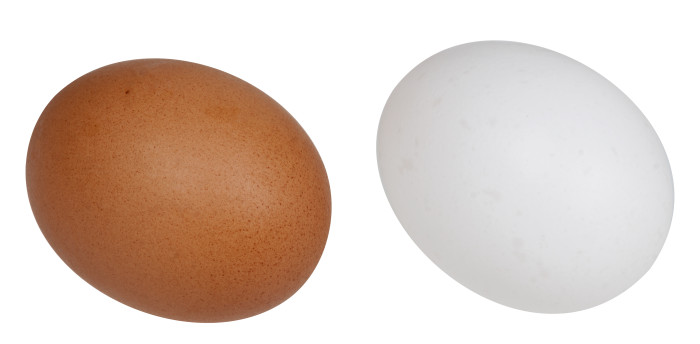A patient of mine, a financial director, got married to a 43-year-old company executive when she was 42. Neither of them had had children. They had both been focused on their careers.
This is not always the story in all cases. Many will end up using donor eggs, and in some cases may end up with adoption after several failed IVF attempts.
She is in the group of women who often delay childbirth for career development, economic empowerment and/or unintentional delays while searching for the ‘right’ man. Though all of these are laudable and worth the sweat, they can lead to age-related infertility which has been coined as “voluntary infertility”.
Infertility is defined as failure to achieve pregnancy after one year of unprotected vaginal sexual intercourse. This affects about 10 to 15 per cent of couples. It is spread equally among the male and female population.
Male causes of infertility can be due to low sperm count, poor sperm motility, abnormally shaped sperm, spermatic duct blockage, impotence and undescended testes.
In females predisposing factors include having low egg reserve, premature ovarian failure or menopause, menstrual irregularities, polycystic ovarian syndrome, blockage of the fallopian tubes, uterine fibroids, endometriosis and complications from sexual infections.
Female fertility declines with age and it has been proved by epidemiological and scientific research. The decline becomes more pronounced and accelerated in females especially in their late 30s and early 40s. Not surprisingly, this is the time most women decide to settle down after satisfying their career ambitions.
There is nothing wrong with being career -minded but it has been proved that the female egg reserves declines with age. From research findings, the ovary contains a finite/fixed number of eggs, which decreases exponentially with age. It is estimated that at birth, the ovary contains about two million eggs, which declines to about 200-400 thousand at menarche (10-13 years of age), and declines to about a thousand at age 50-51 years of age when menopause likely sets in.
There is a strong correlation between the age of a woman and the quantity /quality of her eggs. Therefore, the older a woman becomes, the lesser the number of eggs she has in reserve and the higher the number of poor quality eggs she possesses in her ovary. The best time for child-bearing in a woman is around 20 to 30 years of age.
There is an exponential decline in female egg quantity and quality with increased age-related complications of pregnancy and childbirth — including miscarriages. The risk of having a chromosomal or genetically-challenged child (a child with Down Syndrome) and medical diseases like diabetes, fibroids, fallopian tubal blockages, pelvic adhesions and consequences of endometriosis increases.
Artificial Reproductive Techniques like IVF, egg and/or embryo freezing during late teens or early 20 for use in older age, receiving donor eggs to achieve pregnancies are not the answers, guarantees or panacea for infertility, and cannot compensate for the age-related decline in egg reserve and quality. Besides, infertility treatment across the world is very expensive, and largely unaffordable by many patients, especially in low-resourced areas of the world, including Nigeria.
In the United States of America, young women now go to fertility clinics to freeze their eggs in the event of career pursuit, waiting for the right partner or awaiting to do IVF after cancer treatment or other terminal illnesses in which case they can even use surrogates, using their own eggs and their partners’ sperm or even donor sperm in the event Mr. Right never shows up.
Africans, especially Nigerian women, may also take to this route. The technique of oocyte has now been perfected to an advanced stage, luckily we have been able to establish pregnancy from frozen oocytes.
Lastly and of notable importance with this knowledge, it is pertinent to remind the upwardly mobile and career- oriented ladies in waiting for Mr. Right, that the optimal reproductive age is between 19 and 25 years, and in worst cases 30, and that freezing of eggs is a recommended medical option.
So please, as much as possible make haste while the ‘Fertility Sun’ shines.
- This review article underscores the recent experiences of Dr. Lateef Akinola, Prof. Oladapo Ashiru and their team, regarding the proportion of women delaying childbirth until they are in their late 30s and early 40s, which has been noted to be on the increase.
PUNCH.


